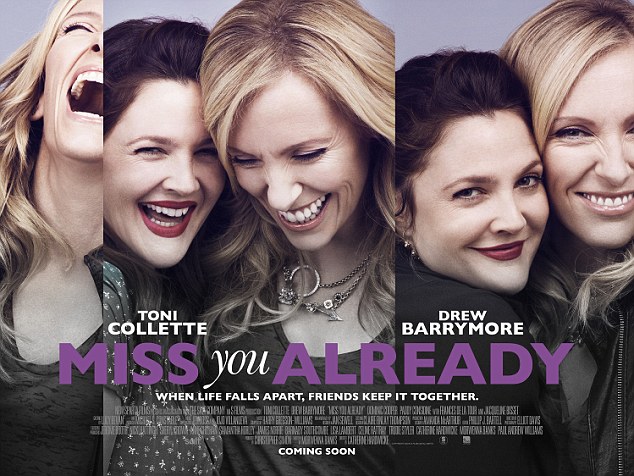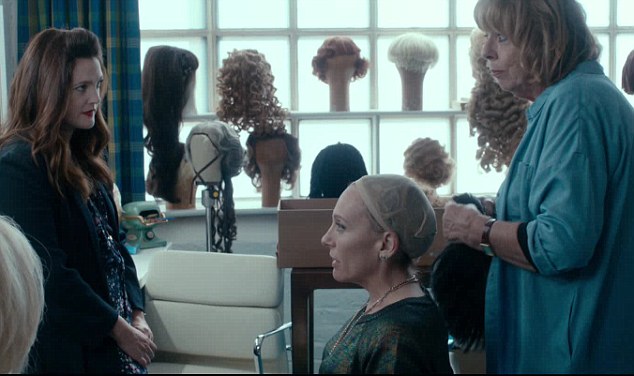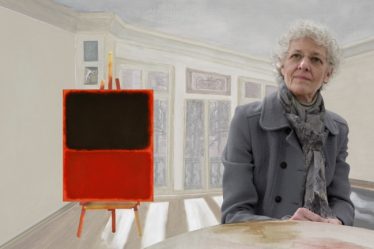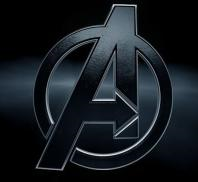
There’s no spinning this one. It’s a cancer movie. It’s a C.A.N.C.E.R. movie. Whether you’re a guy or a gal, if you watch MISS YOU ALREADY, you’re likely in for an impressive, cathartic cry. But is that wrong? With so many films about or involving cancer out there, it’s amazing there isn’t a wider diversity of experience represented, told in an honest, informative, fearlessly emotional way. MISS YOU ALREADY is directed by Catherine Hardwicke, the record holder for the top grossing opening weekend by a female director. So now we have a cancer movie that will make you cry, directed by a woman. The screenplay is written by Morwenna Banks, with production design by Amanda McArthur and costume design by Claire Finlay. It’s a veritable Estrogen fest. Again, though, is that wrong? Hardwicke is hoping the American film lovers won’t think so.
Women actually make up over half of the US moviegoing public, at 52%. We love our superhero movies, but there are real-life closer-to-home characters we yearn to see on the screen as well. MISS YOU ALREADY has not only that market targeted, but it also stars Toni Collette and Drew Barrymore, arguably the two most guy-friendly actresses working in Hollywood. Collette and Barrymore play lifelong best friends Milly and Jess. Collette’s Milly is flamboyant, self absorbed, vain, and fun to the extreme. Barrymore’s Jess is an open-hearted, sensitive charity worker who loves Milly completely. Milly is married to and has kids with a rock star a la Gavin Rossdale named Kit (Dominic Cooper) and Jess is partnered with Jago, an oil rig or construction worker of some kind. Their world gets turned upside down when Milly gets breast cancer. The film is about how they deal with her cancer together, and with, at the same time, Jess’s attempts to get pregnant. It’s literally juxtaposes life and death.
What makes MISS YOU ALREADY worth seeing, beyond the very fine acting by all the co-stars, is the detail and authenticity of how the cancer progresses and the physical experiences relating to it, and the honest, not-so-perfect way some of the characters handle Milly having the disease. These people have human, real reactions, expose their weaknesses, and show their flaws. They aren’t always likable. For anyone who knows what going through a friend or family having cancer is like, that’s absolutely essential to the movie being a believable worthwhile experience.
On the down side, a bit of the peppy music, some scenes that stretch credulity, and a few inappropriately placed montages can be off-putting, with one in particular calling to mind the race-to-wedding-scene in any number of rom-coms. It’s probably not possible to be both a cancer movie, and remotely reminiscent of the climactic moments in LOVE ACTUALLY at the same time, but that seems to be what is being attempted in a few scenes.
Still, it is possible to be a movie that authentically shows two women together, traversing some of life’s trickier terrain, to have global appeal and relatability. Though the release date coming right at the beginning of the holiday season seems a poor choice, this sweet, at times heartbreaking friendship story is worth being seen.
B
I got the chance to talk to director Catherine Hardwicke, and she answered great questions about creating truth in the movie, working with the great actresses, and gender inequality in Hollywood:




